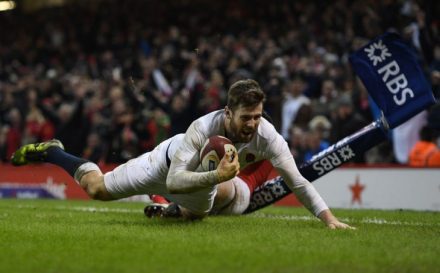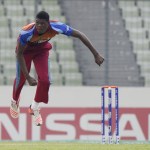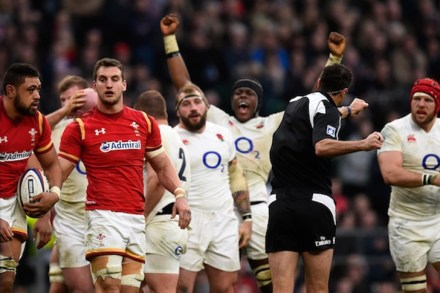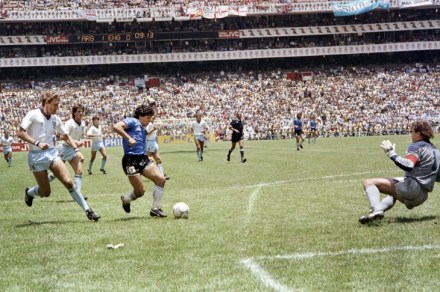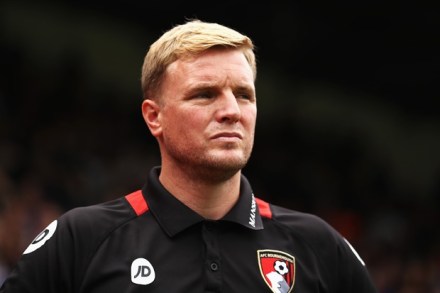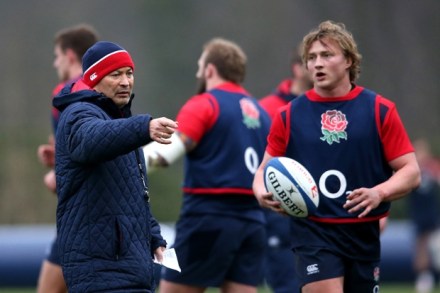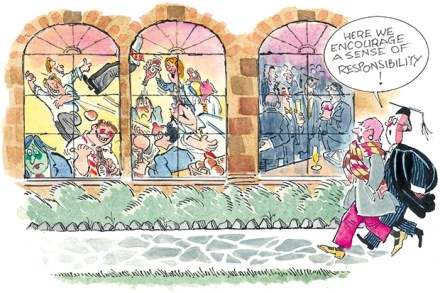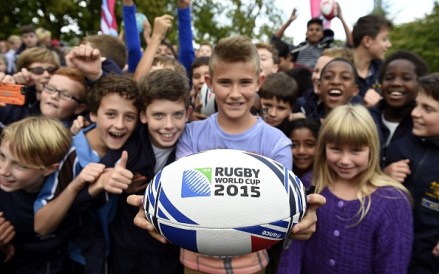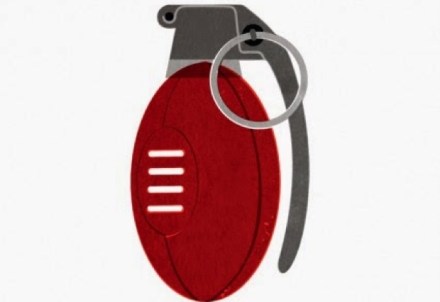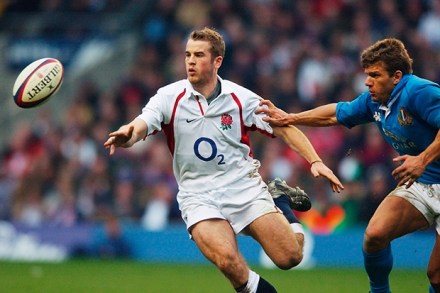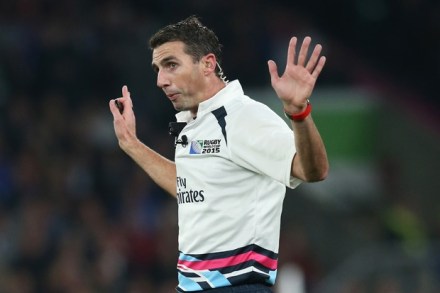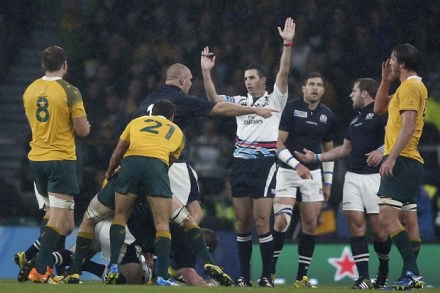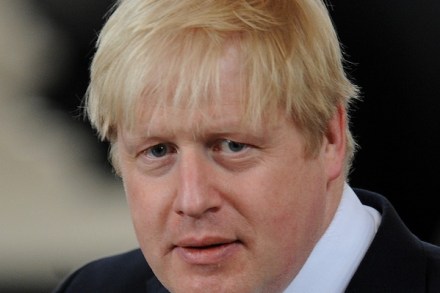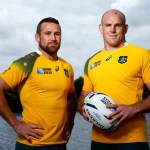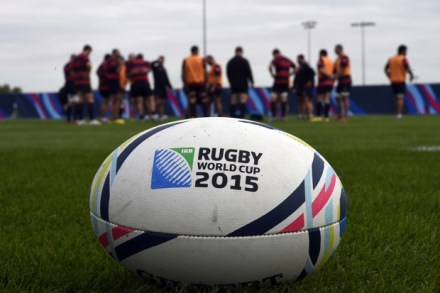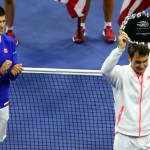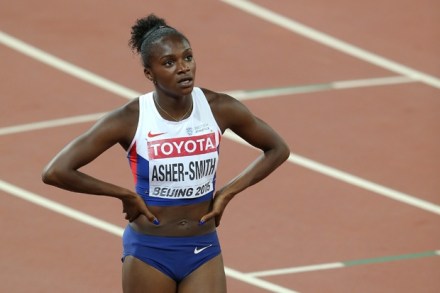The Six Nations is the most exciting sport on the planet
Perfection in sport: unattainable, but sometimes you can come close. Moments, people, actions you never tire of watching: Roger Federer’s backhand; Virat Kohli’s cover drive; Mo Farah’s acceleration off the final bend or little Lionel Messi dribbling through a crowded penalty area as if his opponents were shadows; Fred Couples’s sensuous golf swing. Last weekend another moment: the long pass from England’s Owen Farrell to Elliot Daly for that decisive try in the final minutes at the Principality Stadium. This 25ft rocket, superbly timed and delayed long enough for Farrell to be in touching distance of the defensive battery, was so quick and flat it left the defence flummoxed. It
